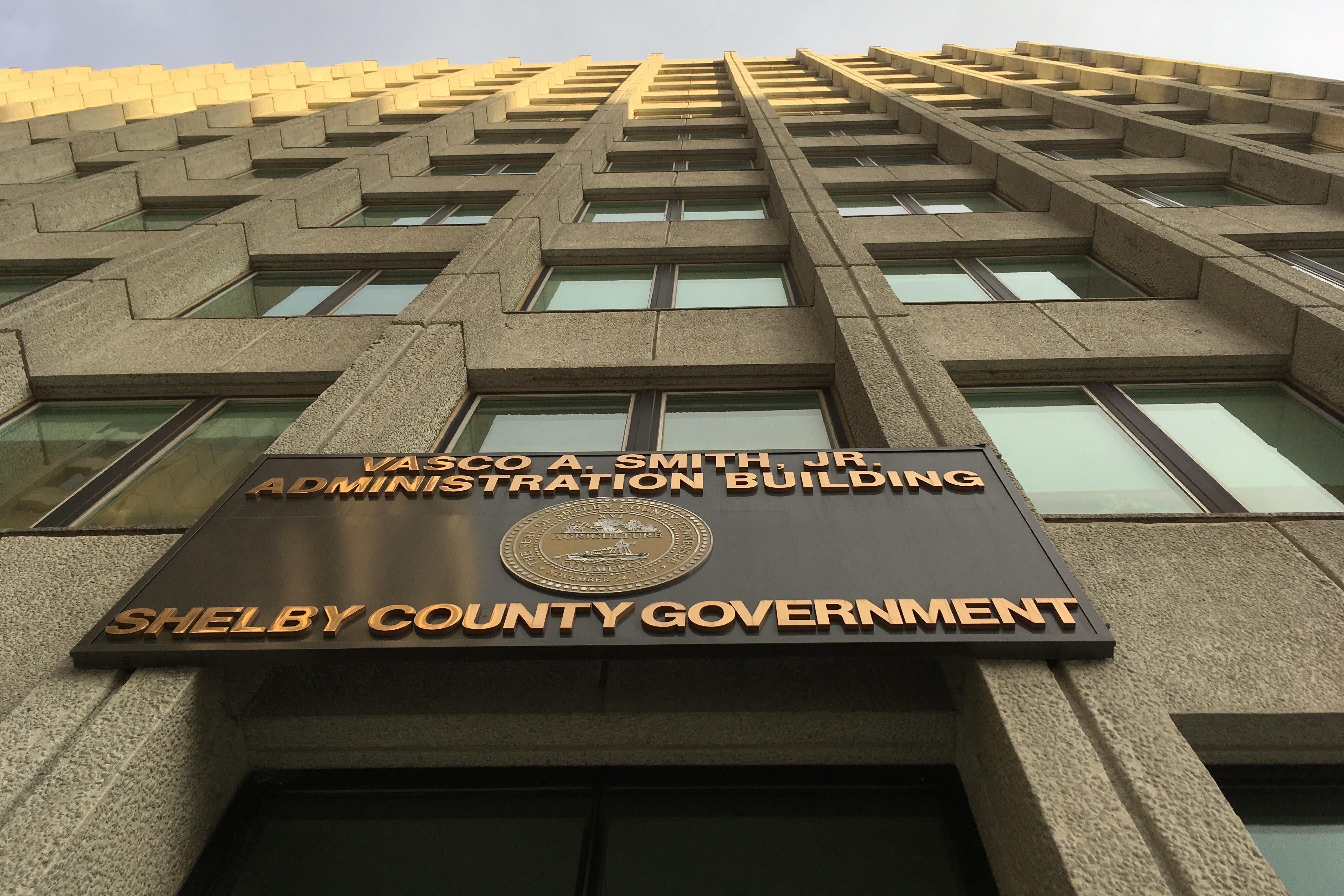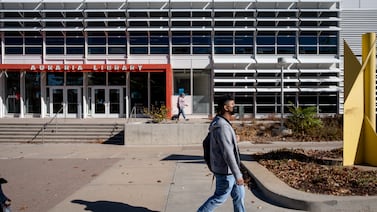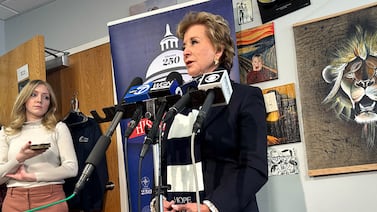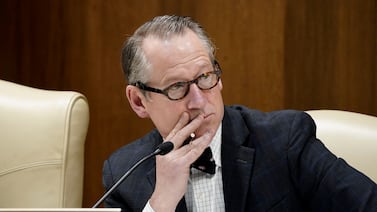The Shelby County Commission Wednesday moved closer to resolving a decade-old dispute over control of three schools in Germantown, approving a deal that would, among other things, provide funding for a new high school in Cordova.
But their vote wasn’t a slam dunk. Five commissioners voted against the pact, some of them citing the cost to county taxpayers, and others objecting to the state law that put the future of the Germantown schools and their students in limbo.
The proposed settlement was unveiled last week by Shelby County government officials, Memphis-Shelby County Schools, Germantown Municipal School District, and the City of Germantown. It calls for the Memphis suburb to help MSCS sell the Germantown High School building, with the proceeds being added to the $77.5 million the county would provide to build a $100 million high school in the Cordova neighborhood, just north of Germantown. It would be the first newly built MSCS district-operated high school in a decade.
The agreement also calls for Germantown to pay MSCS $5 million for Germantown Elementary and Germantown Middle schools.
Germantown city leaders approved the pact Tuesday. If the MSCS board and the Germantown school board do the same Thursday night, they would help end a dispute between the districts that began in 2013, after Germantown and other suburbs formed their own school districts in response to the merger of Memphis and Shelby County school districts, but the three Germantown schools remained under MSCS governance.
The commissioners on Wednesday also approved a $38.7 million amendment to the county’s capital improvement plan to pay for the first half of the county’s $77.5 million commitment to the Cordova school.
Commissioners Edmund Ford Jr. and Amber Mills, who voted no on the settlement, were skeptical that the county would ultimately be able to muster the finances to make the agreement work.
Mayor Lee Harris said the money would come from borrowing supported by either property taxes — the usual formula — or sales taxes, or from commercial paper loans. Harris also said the county already planned to make substantial investments in schools.
“I believe kids everywhere, and around our county, deserve our attention and investment, and deserve a first-rate learning environment,” he said.
Harris reminded commissioners that the agreement was simply a green light to begin the process of transferring the schools to Germantown.
If an agreement isn’t finalized by next month, the county would run afoul of a new GOP-backed state law that bars county districts from controlling schools that are located within the boundaries of a municipal district.
Commissioners Erika Sugarmon and Britney Thornton, who also voted no, questioned whether the commission should bow to a state law that threatened to displace around 4,000 students who attend the Germantown schools, most of whom are Black and live outside Germantown. The schools serve a mix of MSCS students who are zoned to the buildings and others who come for its specialized programs.
But others said that resistance would be futile at this point — especially with a deadline looming and the fate of 1,800 Germantown High School students hanging in the balance.
MSCS interim Superintendent Toni Williams told the commission that without an agreement, 800 of those students would return to their home neighborhood schools once the high school was transferred to Germantown, while 1,000 would have to find another school.
Commissioner Miska Clay-Bibbs, a former chair of the MSCS board, said those students were at the top of her mind.
“We’re really here to solve the issue of 1,800 kids who are about to be displaced, and (see that they) are taken care of,” she said. “That’s what I’m very sensitive to. That’s why I think this agreement is so important.”
The proposed agreement would allow MSCS to continue operating the three G’s for nine more years to prevent current students from being displaced and allow time for the new high school to be built.
Said Commissioner Henri Brooks: “We have to make a decision for these families. We know how we got here — the state’s encroachment on our autonomy. That’s how we got here. But what we’re dealing with now is taking care of children and families who didn’t ask to be here, and who don’t want to hear all this other stuff.
“We’re in the position, and there’s nothing we can do about it … . We just have to roll with it.”
Bureau Chief Tonyaa Weathersbee oversees Chalkbeat Tennessee’s education coverage. Contact her at tweathersbee@chalklbeat.org.







